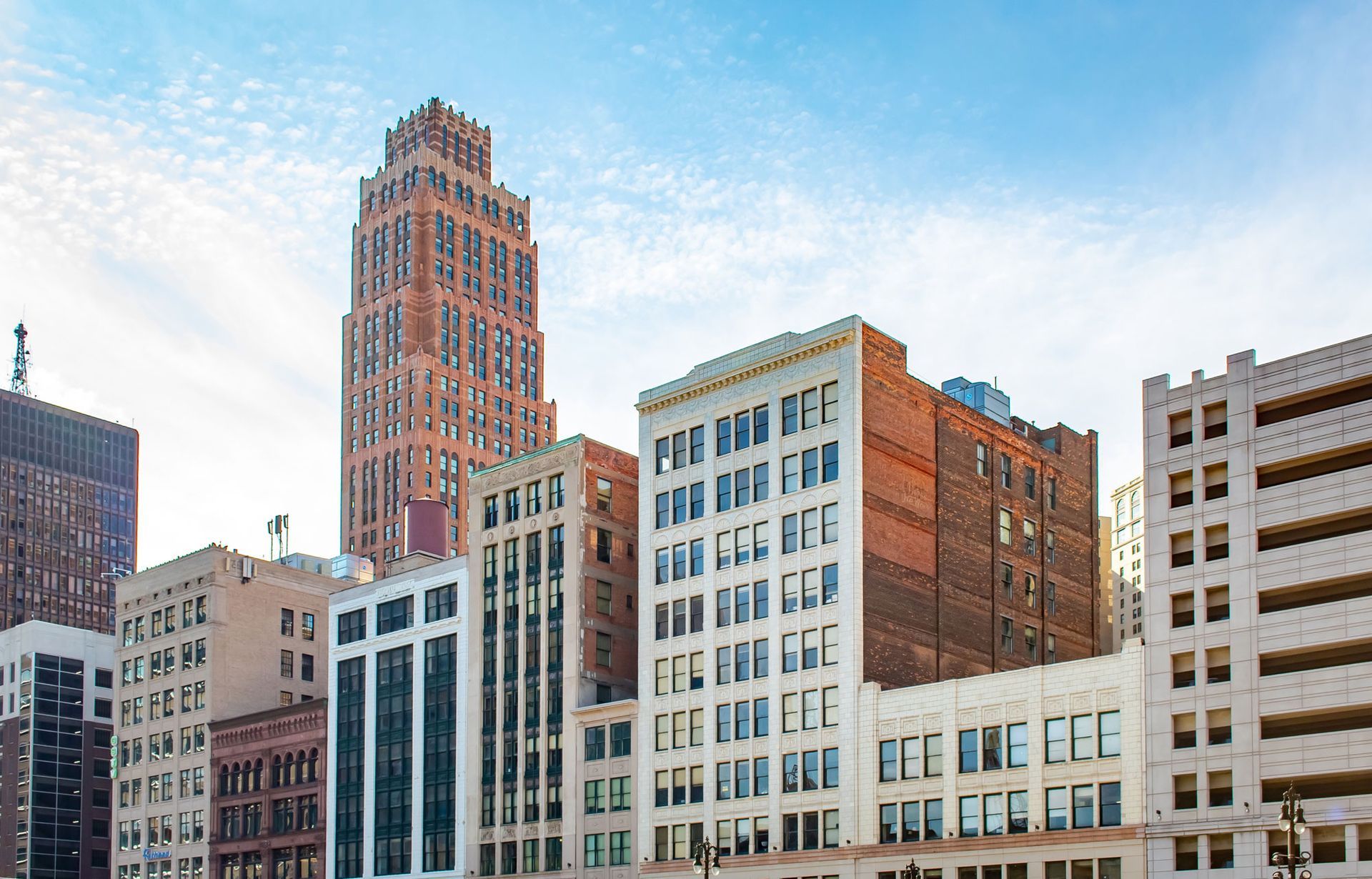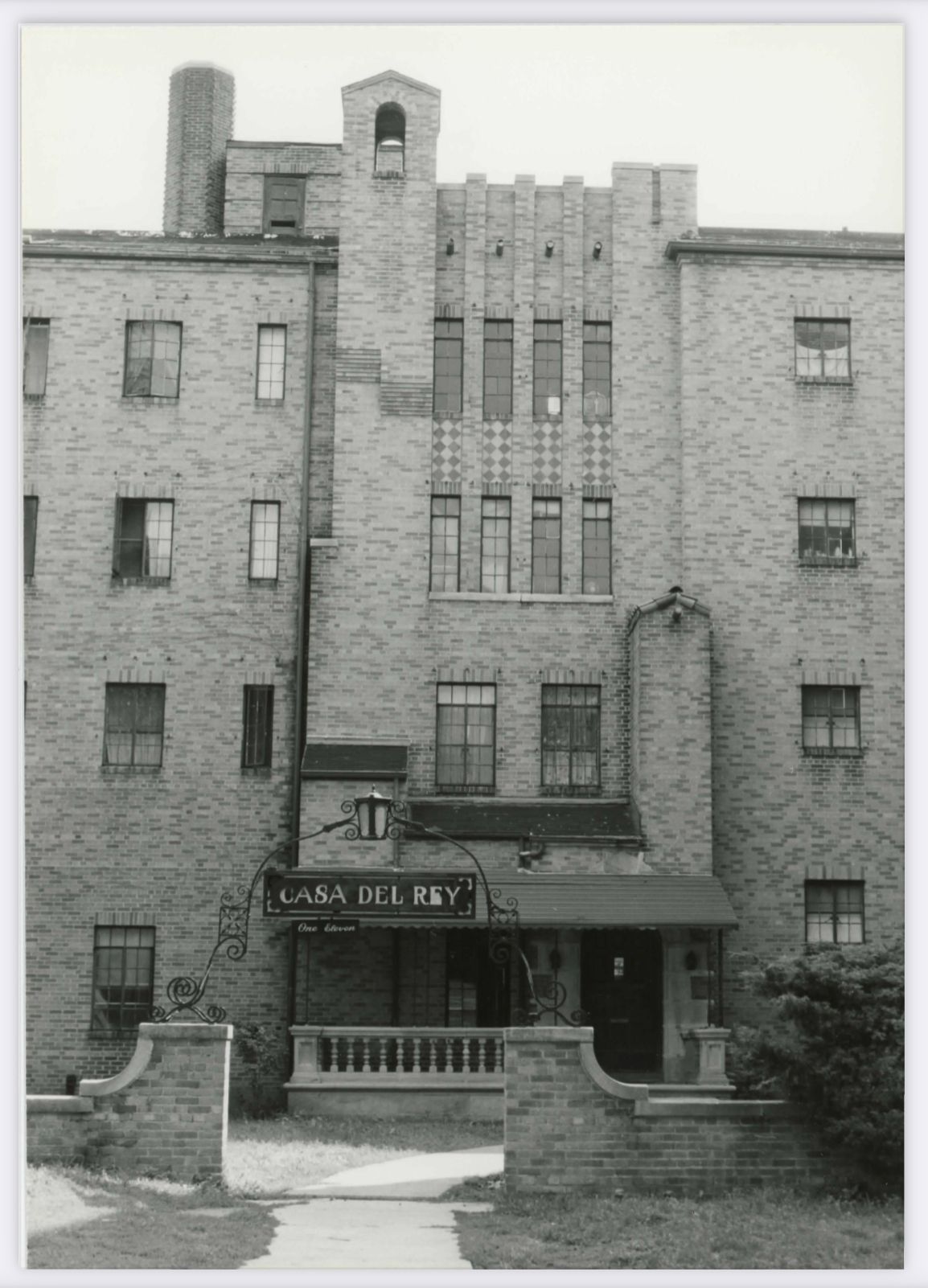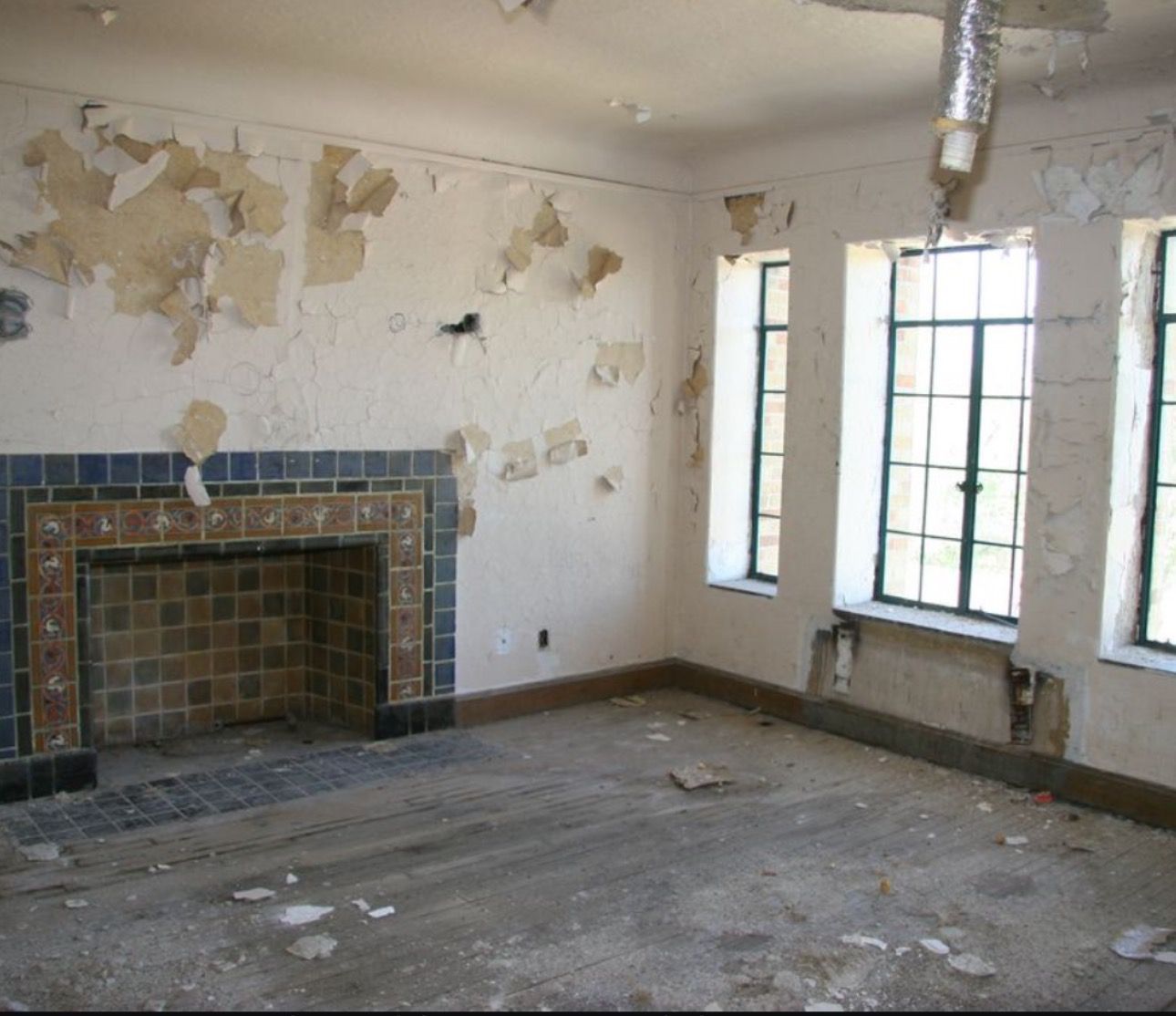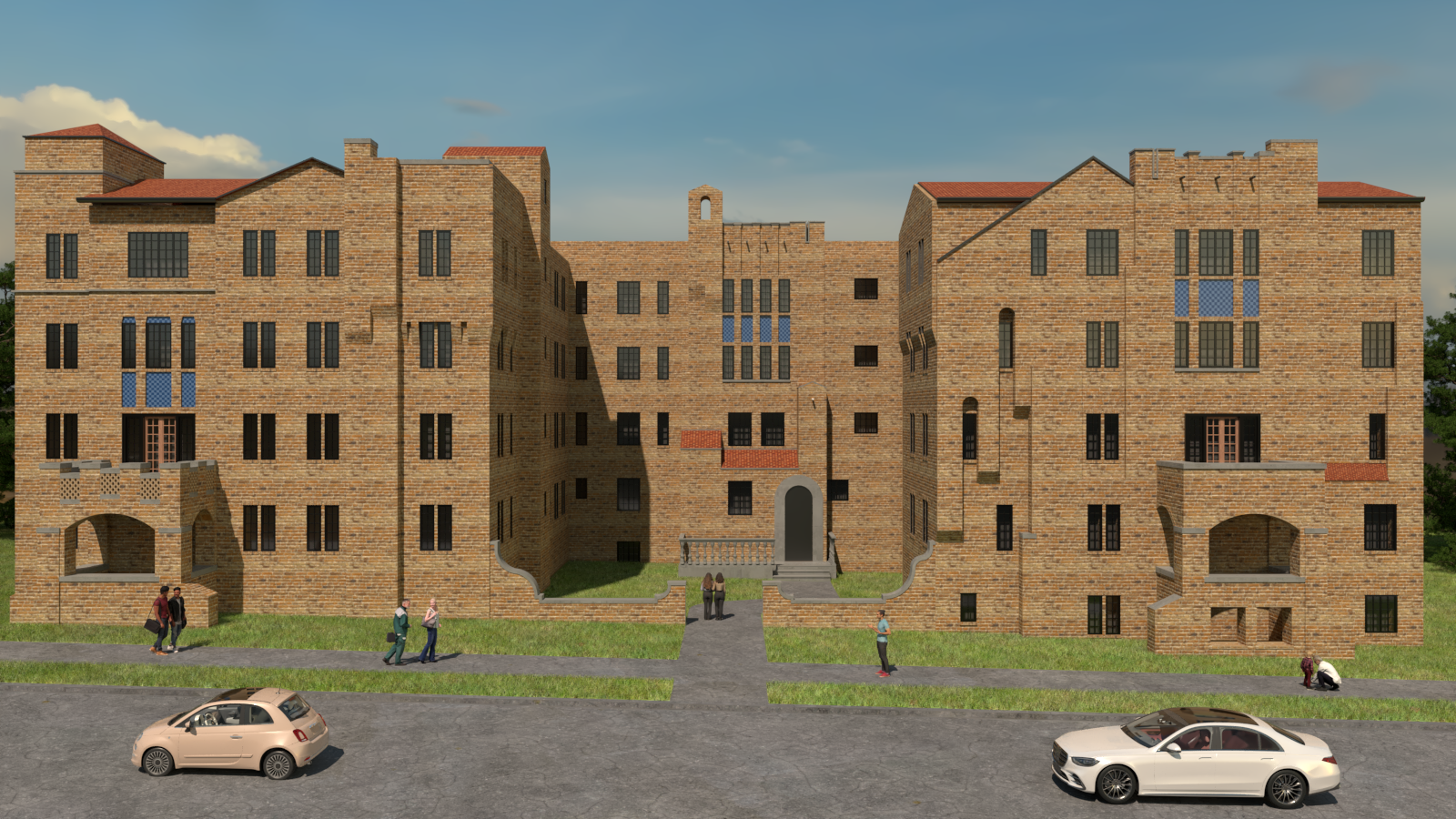Investors
Dedicated to revitalizing Detroit through sustainable real estate development and community-focused initiatives.

Transforming Detroit’s Communities with LJ Golden Realty
At LJ Golden Realty, we invite investors to be part of our mission to revitalize Detroit’s metropolitan areas and create thriving, sustainable communities. Our dedicated team is transforming neglected spaces into vibrant neighborhoods through innovative real estate development, focusing on both residential and commercial properties. With an emphasis on sustainability, energy efficiency, and community well-being, we are committed to delivering projects that not only provide excellent returns but also contribute to the long-term prosperity and inclusivity of Detroit. Join us in building a better Detroit by investing in communities where people can truly live, work, and grow.
Explore our Most Recent Projects:
Vacant century-old Pontiac apartment redevelopment gets $2.7M state loan
A family development firm run by two General Motors Co. executives was awarded a $2.67 million loan from the state as part of its effort to redevelop a century-old Moorish-style apartment building in Pontiac.
The board of the Michigan Strategic Fund on Tuesday awarded the economic development incentive to Detroit-based Coleman Allen LLC, which aims to undertake a $13.9 million renovation of the Casa Del Ray building at 111 Oneida St., west of downtown Pontiac. Plans call for 50 apartments at below-market-rate rents in the building currently owned by the Oakland County Land Bank.
"Public interest has risen in recent years in new or newly improved residential options in Pontiac," reads an MSF briefing memo on the planned project for the complex. "This demand will be addressed in the 50 units offered through this project, creating more density and pedestrian activity in the corridor."
The project's developers are Gregory and Ronita Coleman, both GM executives who, in their spare time, have undertaken redevelopment projects in Birmingham, Clawson, Southfield and Lathrup Village, according to the MSF memo. The developers also own and manage nine rental properties around metro Detroit, according to the memo.
Ronita and Gregory Coleman, both GM executives in Detroit, who in their spare time through their company, Coleman Allen LLC, are redeveloping projects in Pontiac, Birmingham, Clawson, Southfield and Lathrup Village.
Designed by noted architect Robert O'Derrick, the Casa Del Rey building was added to the National Register of Historic Places in 1989.
Rents for the Casa Del Rey project will be targeted for those earning 60% to 120% of the area median income. In Oakland County, that would be — for one person — an income of between $39,790 and $79,560, according to figures from the Michigan State Housing Development Authority (MSHDA).
Rents are projected at $1,000 for studio units, $1,300 for one-bedroom units, $1,550 for two-bedroom units, and $2,000 for one three-bedroom unit, with an average of $1.78 per square foot, according to the MSF memo.
Construction on the project is expected to commence in mid-September; tenant wait list applications will be accepted in mid-2025 and the first tenants are expected to take up residency in early 2026, Ronita Coleman told Crain's in an email. A handful of local tax incentive approvals are expected to be complete in the coming weeks, Coleman added.
In addition to the MSF loan, the developers are also receiving a $3 million loan from the Oakland County Housing Trust Fund, as well as an "environmental grant" of $33,050. The city of Pontiac is also expected to provide a Neighborhood Enterprise Zone abatement valued at about $2.8 million, and tax increment financing from MSHDA would capture about $4.3 million over 30 years, according to the MSF memo.
The Casa Del Rey developers are contributing about $724,000, or 5%, in equity to the project, a "deviation" from typical underwriting standards, according to the MSF memo. But Ronita Coleman's involvement in the Cinnaire Women Empowered to Build, or "WE Build," program makes for an "acceptable deviation," the memo says.
The projected return on the project is 8.6% over 20 years, per the MSF.
Developers of affordable housing in Michigan typically need multiple layers of financing, often called capital stacks, to make projects viable. The MSF loan is needed due to "market conditions" in Pontiac, according to the briefing memo.
Such conditions "continue to make development challenging, including market rate rents that continue to lag construction inflation costs," reads the memo.
"In addition, the city and development team’s interest in providing affordability limits the revenue that can be generated," the MSF memo adds. "This combination of the inclusion of attainable housing merged with the high cost of construction associated with redevelopment of a long vacant, blighted building in Pontiac, limits the amount of traditional debt the project can secure and is driving the need for MCRP support."








Women Empowered to Build
What it's all about:
The Women Empowered to Build (WE Build) program was launched in 2024 to accelerate the growth, stability and fundability of women-led businesses and nonprofit organizations focused on real estate development.
This initiative, developed by Cinnaire and The Women's Sustainable Development Initiative (WSDI), is committed to helping women developers forge a new path in their communities, fostering local wealth building and inclusive economic opportunities, by cultivating collective resources. The program accomplishes this by:
- Leveraging the expertise of the dynamic local industry leaders in real estate development
- Providing a real-world curriculum and approach
WE Build is an 11-month intensive training program designed to assist participants with completing pre-development activities and preparing them to apply for project financing. The program includes live and virtual interactive courses, group learning experiences, site visits and ongoing mentor support. Training topics include understanding local real estate trends, assessing the sustainability of a property for development, and evaluating micro and macro factors affecting the market. Participants will have the opportunity to receive up to $50,000 recoverable grant funds to support their work in the program.
How it Works:
To be eligible for participation, attendees must:
- Be affiliated with a woman-owned, real estate development business or woman-led nonprofit
- Have at least two years of commercial real estate or business experience • Have site control of an active housing development project
- Demonstrate a commitment to responsible and sustainable real estate development with a development project or development business • Commit to attending programming over the course of the 11 months, commencing with a graduation ceremony in December
Making it Happen with Partners:
Cinnaire Community Connection (CCC) works to bring equitable development, economic opportunities and investment capital to disinvested communities. With offices in Detroit, Michigan, and Wilmington, Delaware, CCC takes a comprehensive approach to advance community-driven development by strengthening the impact of local community-based organizations, increasing local developer capacity, and providing opportunities for homeownership designed to reduce the wealth gap and revitalize communities.
Women’s Sustainable Development Initiative (WSDI) is a Michigan nonprofit corporation whose mission is empower emerging women in the field of commercial real estate development, particularly those from traditionally underrepresented populations. WSDI provides funding, educational resources, and meaningful networking connections to participants to prepare them to advance projects located in low-income communities that incorporate environmental, social and governance (ESG) components.
Get In Touch
Contact Us - Homepage
We will get back to you as soon as possible
Please try again later


